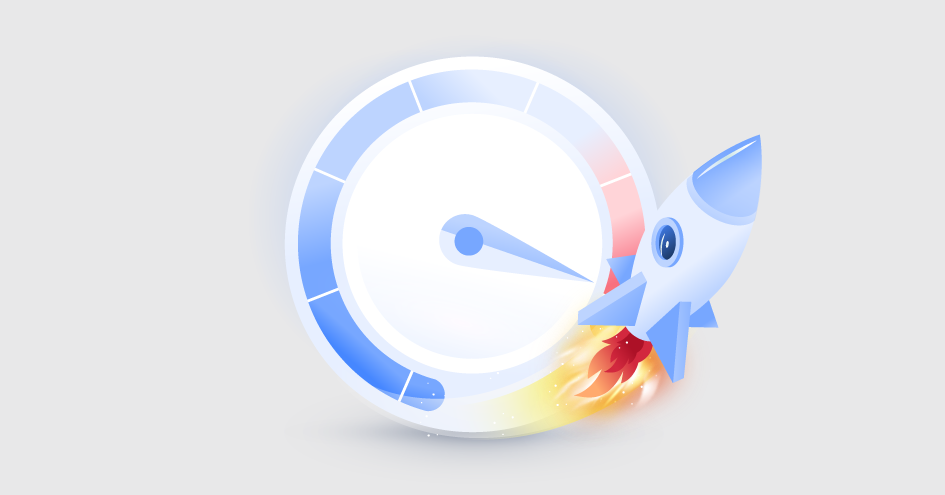There is a widely known perception that using a VPN can slow down your internet connection. To what extent of it is true will be explored in this article. What are the factors impacting the speed of your internet connection while you are using a VPN? Does it matter if the VPN you are using is free or a paid one? Read on to find out.
Slowness of VPN
Starting with the basics, VPN or a Virtua Private Network is a program that hides your online activities by hiding your IP address, browsing activities, and personal data on any kind of Wi-Fi network connection. It is made possible by this program being the middleman between your device and the website that you want to visit. Such action can add to the extra physical distance that the internet traffic has to travel between your device and the website. As a result, it can lead to a delay in taking action.
Another feature of a VPN is that it can encrypt your data, making it unreadable for anyone who even tries to intercept it. This might contribute to lower uploading and downloading speeds since encrypting data takes time. Lower download speeds mean that there will be a slower connection i.e. webpages load slowly, videos buffer, downloads fail, etc. If you use a VPN that offers the best security in encryption, you will find that it also lags a little due to all the time it takes to encrypt or decrypt data in its security complexity.
Finally, if a lot of internet users are using an individual server, then speeds will be affected if the server is not up for such traffic. That is why many server providers are upgrading to 10 Gbps or 20 Gbps so that they can handle a large number of requests from internet users around the world.
Hence, it can be concluded from the aforementioned points that it doesn’t matter if you have signed up for the fastest internet connections such as the ones enabled by Comcast internet, with a VPN, you are bound to experience lagging in all your online activities.
Are VPNs still slow?
VPNs are not slow anymore and there are a number of reasons why that is so. The apps that are provided by your chosen VPN are generally small and efficient that do not put too much load on your device.
Also, VPN protocols are getting advanced features such as how it encrypts your data and sending it to its destination. Consider OpenVPN, which is one of the most dominant VPN protocols. Within a few years, OpenVPN has replaced some older, less-secure protocols with safer, secure, and reliable ones making it a very effective program now. Other VPN protocols like WireGuard or ExpressVPN’s Lightway have now become the go-to programs that have been designed to deliver great speeds along with excellent privacy.
Most VPN providers have smart connections that will locate the best server based on where you are located and provide you with the fastest possible speeds.
Nowadays, a VPN slowing down your internet connection has become a thing of the past.
What about the free VPN?
VPNs offering free services have definitely imposed limitations on users, but that is mostly because they are being prodded into upgrading to a paid plan just to avoid such restrictions.
One of the most common restrictions that come with a free VPN is the speed limit. Most free versions of VPNs offer only 2 Mbps to their users, which doesn’t allow them to do much other than just simple browsing through text-based websites. You cannot stream a 4K video with this much speed.
Hence, free VPN services do slow down your internet connection and that is only because the provider has chosen to limit the connection speeds, rather than the fault of a tech guy behind it.
Final Thoughts
The answer to the question of whether a VPN can slow down the internet connection depends on the kind of VPN you sign up for. Generally, VPN can slow down your internet connection, but there are other factors impacting the speed of your internet connection too. Before choosing a VPN, make sure to research about it how your internet connection speed will be impacted if you sign up for a particular VPN.
 The Care Up
The Care Up




